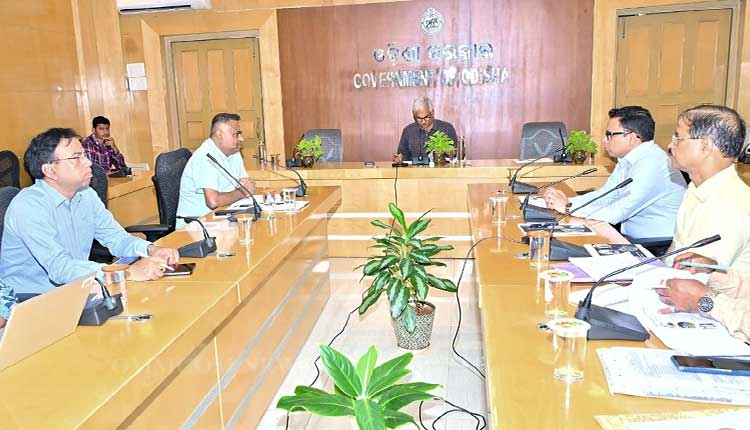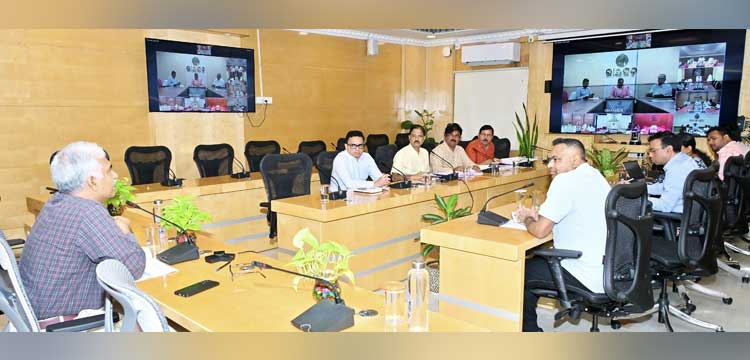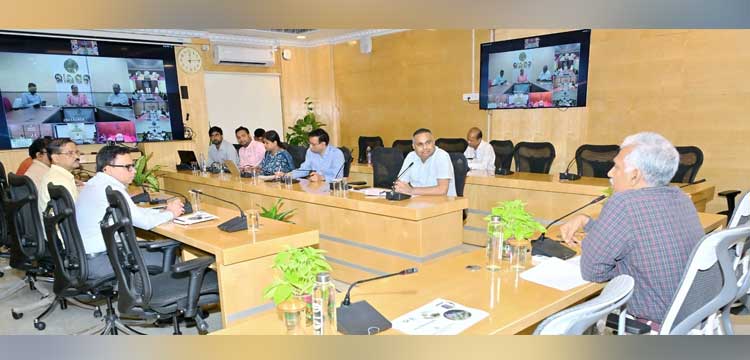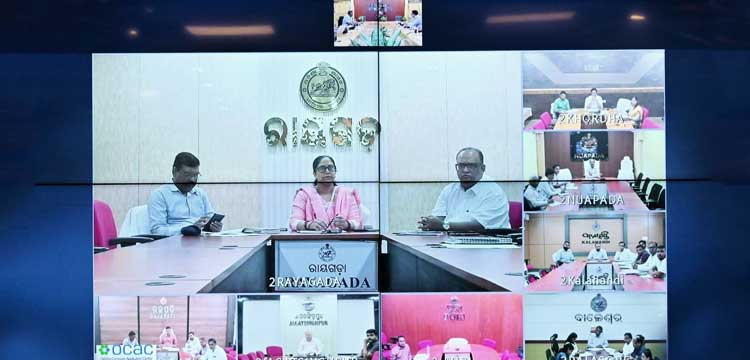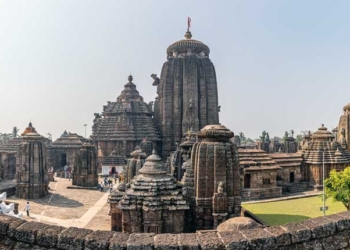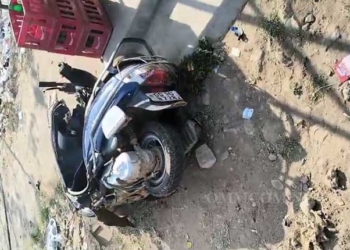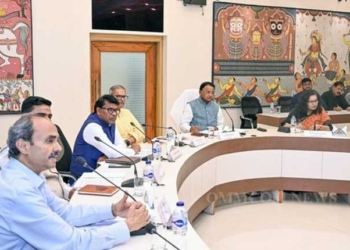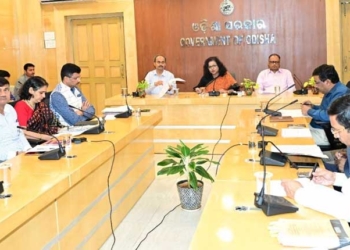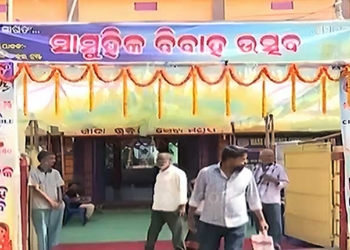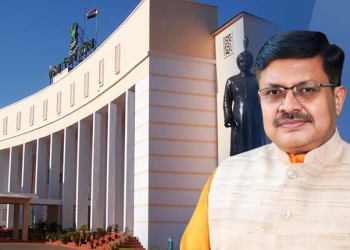Bhubaneswar: Chief Secretary Manoj Ahuja reviewed the status of various rural drinking water supply projects in the State.
According to an official press release, the meeting held at Lok Seva Bhavan here on Thursday was attended by Commissioner-cum-Secretary of the Panchayati Raj and Drinking Water Department, Girish S.N., Director of Drinking Water and Sanitation, Vineet Bhardwaj, and other senior departmental officials. District Collectors from all districts participated virtually.
During the review, Chief Secretary Ahuja emphasized that access to drinking water is a fundamental need for every individual. He noted that the Chief Minister has consistently prioritized providing drinking water connections to all villages, making it a key focus of the state government.
Ahuja urged the department and District Collectors to execute these critical projects with utmost sincerity. The Panchayati Raj and Drinking Water Department presented a detailed overview of the State Saturation Plan, outlining strategies to ensure drinking water reaches every village and household.
The meeting revealed that drinking water supply projects are being implemented across the state through groundwater bore wells, overhead tanks, pipeline networks, and functional household tap connections under the Single Village Piped Water Supply (PWS) Projects.
So far, 18,677 such projects have been completed, with 1,289 under construction. Additionally, 16 mega piped water supply projects have been completed, while 191 are ongoing. A total of 4,855 solar-powered projects have been finished, with 3,652 in progress.
The department aims to complete 238 single village PWS projects by June 2025 and 752 by October 2025.
All 3,652 solar-powered drinking water projects are targeted for completion by September 2025, with all ongoing mega drinking water projects expected to be finalized by March 2027.
Discussions also covered the status of mega drinking water projects under construction in various districts and their respective timelines.
Work orders and contracts have been issued to various agencies to complete these projects. The meeting reviewed which villages in the Deo block are benefiting from major mega drinking water projects.
Challenges such as electricity connectivity, environmental clearances, and coordination with departments like Rural Development, Public Works, Water Resources, Revenue, Railways, and National Highways were addressed, with the department requesting cooperation to resolve these issues.
District Collectors reported that monthly reviews are conducted at the district level with relevant departmental officials to address project-related challenges, and regular discussions are held with the department.
Chief Secretary Ahuja advised District Collectors, Additional District Collectors, and other senior officials to conduct field visits to monitor the progress of mega and other drinking water projects. He also emphasized the involvement of Block Development Officers (BDOs) in these initiatives. The meeting included a review of the implementation of the Government of India’s Jal Jeevan Mission in various districts.
Post-meeting, the Commissioner-cum-Secretary and the Director, along with District Collectors, held district-wise discussions on project implementation challenges and solutions.




